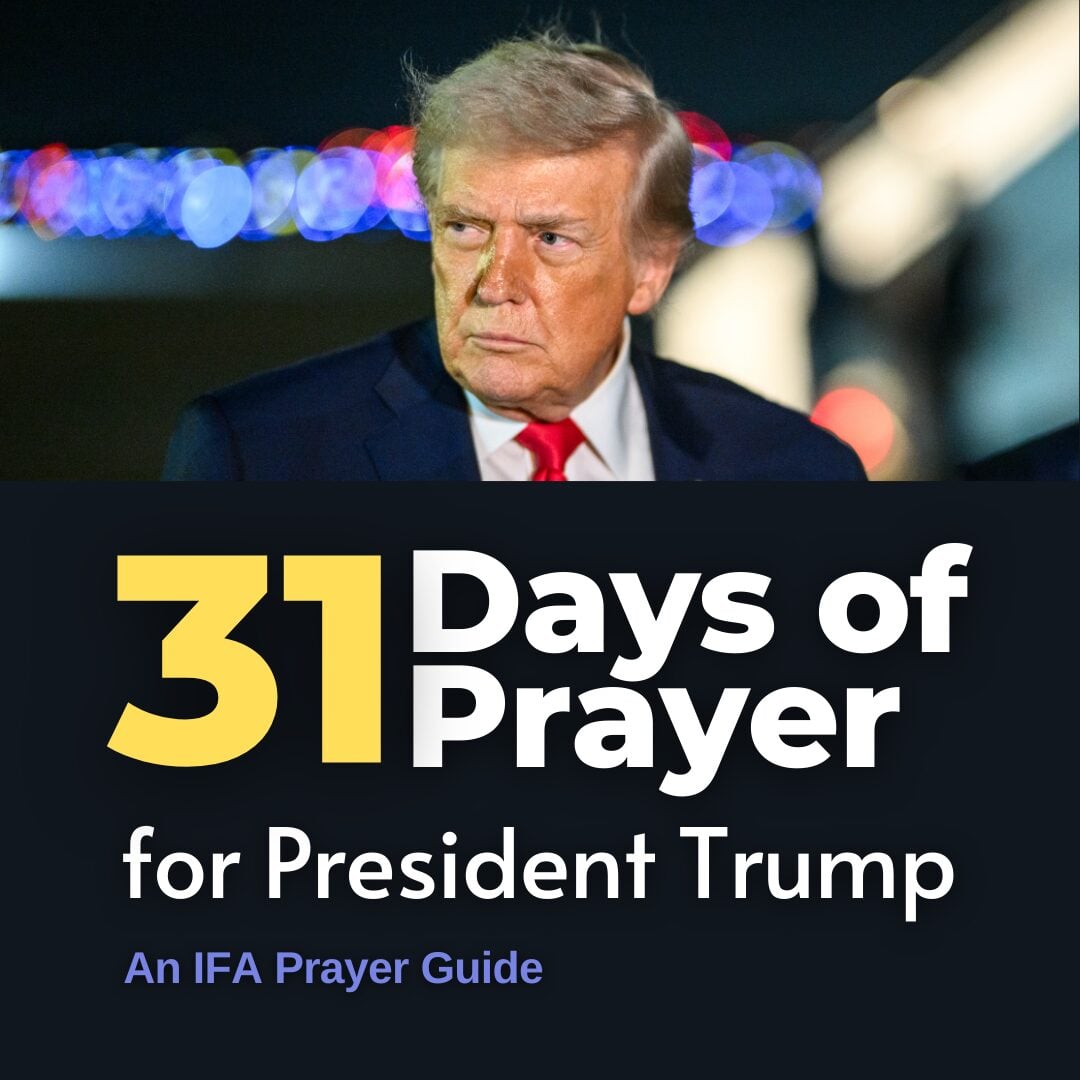THE RELATIONSHIP BETWEEN CHURCH AND STATE
THE RELATIONSHIP BETWEEN CHURCH AND STATE
To consider the responsibility believers have in the governmental realm from a scriptural analysis, here is an excerpt from a message given by Pastor Steven Cole in 2013, “Christ: Lord of Our Politics.”
Christ must be Lord of our political views. That may sound obvious, but it is anything but obvious in practice. People whose lives are otherwise in submission to Christ have a tendency to forget about His lordship when the subject turns to politics. They haven’t thought through what the Bible says about politics and our involvement in that area. But if Christ is Lord of all of life and if the Bible speaks about political matters, then we must allow Him to be Lord of our political views.
1. The nature of civil governments: God-ordained and accountable to God.
The Scriptures teach that government is ordained of God and thus accountable to God.
A. CIVIL GOVERNMENTS ARE ORDAINED OF GOD.
We saw this last time in Romans 13:1b, “For there is no authority except from God, and those which exist are established by God.” When Paul wrote this, the godless Nero was the emperor. Since he obviously fell far short of the ideal ruler, we must conclude that there are no exceptions to the principle laid down here, namely, that God has ordained government authority as a part of His plan for this earth. God’s purposes for government can be boiled down to two broad areas:
(1). GOD ORDAINS GOVERNMENT TO PROMOTE JUSTICE FOR ALL.
God does this by protecting law-abiding citizens and punishing law-breakers (1 Pet. 2:14). Romans 13:4 talks about the government being a minister of God for good to those who do good, but it bears the sword as “an avenger who brings wrath upon the one who practices evil.” That points to the power of the state to use both capital punishment and (by implication) lesser punishments to promote justice for all.
We also saw last time that the government does this (in part) by legislating morality. Laws against murder, theft, rape, assault, and many other crimes are moral issues commanded in the Bible. Laws should protect citizens from destructive sins (e.g. prostitution, drugs, etc.). The fact that something is illegal will restrain many who otherwise may be tempted to engage in that activity. The real debate is, which moral standards should we legislate? (I’ll say more on that in a moment.)
(2). GOD ORDAINS GOVERNMENT TO PROMOTE PEACE AND ORDER IN SOCIETY.
Paul says (1 Tim. 2:1-2) that we should pray for kings and those in authority “in order that we may lead a tranquil and quiet life in all godliness and dignity.” This means that the government must maintain adequate national defense so that we are not overrun by a foreign power that would rob us of peace and liberty. On the local level, there must be adequate law enforcement to maintain peace and order. There should be adequate regulation of commerce, medicine, and other areas to protect citizens. Since the government has been ordained of God to promote justice and peace, it follows that…
B. CIVIL GOVERNMENTS ARE ACCOUNTABLE TO GOD.
As we saw last week, Daniel’s testimony to both Nebuchadnezzar and Belshazzar was consistent and clear: “The Most High is ruler over the realm of mankind and bestows it on whomever He wishes” (Dan. 4:17, 25, 32; 5:21). And, Jesus told Pilate (John 19:11), “You would have no authority over me, unless it had been given you from above.” Neither of these rulers were believers in God or part of the covenant nation. And yet Daniel and the Lord Jesus reminded these pagan rulers that their authority was not autonomous. God gave it to them and the implication is, they would have to give an account to Him someday. Part of our role as believers, as we have opportunity, is to remind even pagan government authorities that they rule under God and are accountable to Him. That leads to the thorny issue of…
2. The relationship between the church and the government: Not total separation nor total identification, but education and confrontation.
A. NOT TOTAL SEPARATION: THERE IS NO SUCH THING AS TOTAL SEPARATION OF CHURCH AND STATE.
The ACLU and Americans United for the Separation of Church and State are trying to use the First Amendment to mean that religion cannot have any part in government matters. That amendment states, “Congress shall make no law respecting an establishment of religion, or prohibiting the free exercise thereof.” As you know, these groups have gone to absurd lengths to eradicate any mention of religion in schools, the military, and government.
But the intent of that amendment was not to keep religion out of the government, but to keep the government out of religion. As you know, the phrase “a wall of separation between church and state” is not in the U.S. Constitution. It occurs in a letter from Thomas Jefferson to the Danbury Baptist Association on January 1, 1802 and it reflects Jefferson’s interpretation of the First Amendment. Originally the first amendment was added to insure that the federal government have nothing to do with state religious affairs and that the federal government be prohibited from establishing a national church (such as the Church of England). Several of the colonies had state churches. That was not in question.
The same Congress which drafted the Constitution reaffirmed the Northwest Ordinance in 1789 which states, “Religion, morality, and knowledge being necessary to good government and the happiness of mankind, schools and the means of learning shall forever be encouraged” (wikipedia.org). Thus religion and morality (based on religion) were a part of the foundation of our nation’s educational system. The founding fathers would be aghast at the current interpretation of the First Amendment which excludes any mention of God or the Bible from public schools and the government.
Since part of the government’s God-ordained function is to promote justice, and since, by necessity, that involves legislating morality, it is absurd to talk about a total separation of church and state. The church concerns itself with morality, and so there is much overlap. Freedom of religion does not mean freedom from religion. Church leaders and individual Christians should not withdraw from the government or public education under the guise of separation of church and state.
- To read the entire article by Pastor Cole, CLICK HERE.
Partner with Us
Intercessors for America is the trusted resource for millions of people across the United States committed to praying for our nation. If you have benefited from IFA's resources and community, please consider joining us as a monthly support partner. As a 501(c)3 organization, it's through your support that all this possible.


We use cookies to ensure that we give you the best experience on our website. If you continue to use this site we will assume that you are happy with it. Privacy Policy




Comments
The Bible clearly states exactly what Jesus said, “Render to Ceasear the things that are Caesars, and to God the things that are God’s.”
The relation between church & state is very simple. they are the same thing in a Christian nation founded on Jesus and scripture, evidenced by the founding fathers who called church and state twins, in other words church and state are the same thing. Thomas Jefferson went so far as to separate the church from the control of the government, and declare there would be no state controlled church in America like there was in England.